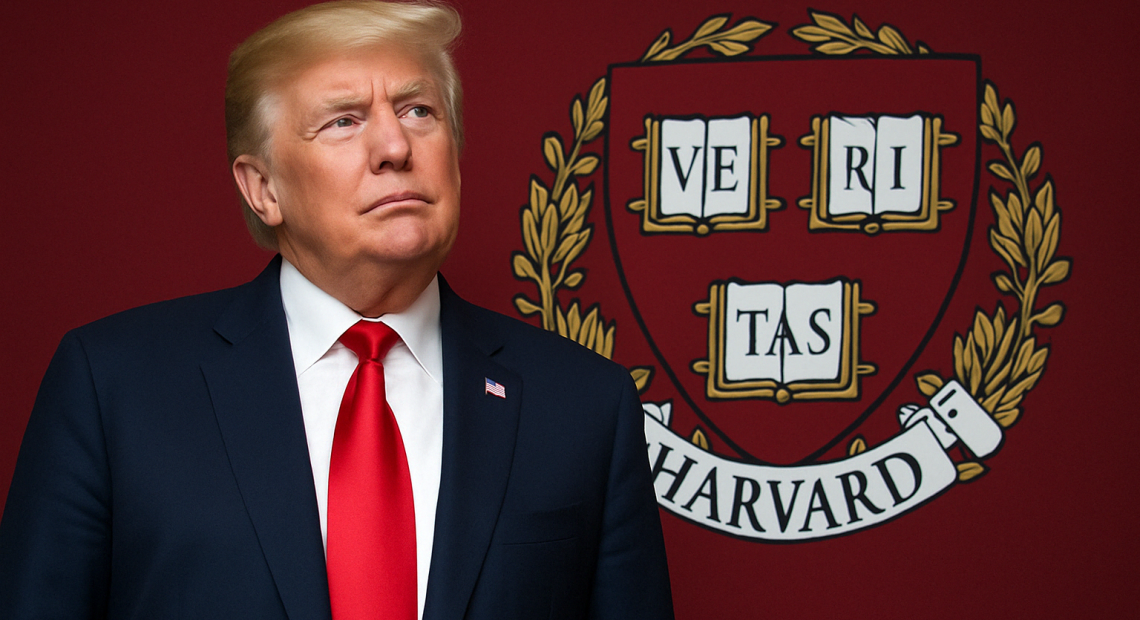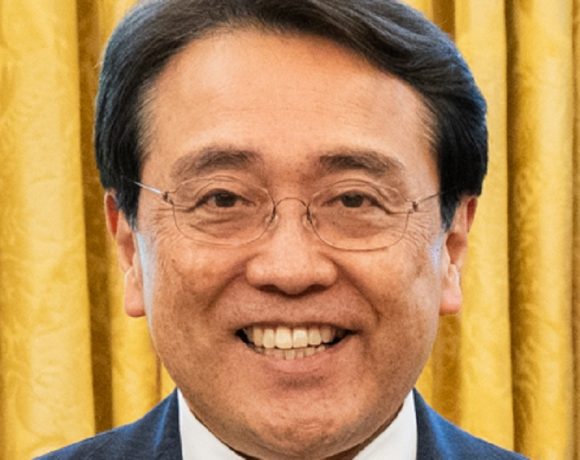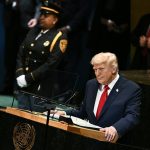
Harvard Sues Trump Over Foreign Student Ban
Harvard University has filed a federal lawsuit against the Trump administration, contesting a controversial move to strip the institution of its right to enroll foreign students. The U.S. Department of Homeland Security’s recent decision to revoke Harvard’s Student and Exchange Visitor Program (SEVP) certification has triggered alarm across academia, with the university calling the move “a blatant violation of the U.S. Constitution and federal law.”
The revocation, set to take effect for the 2025-2026 academic year, could bar thousands of international students from attending Harvard. The administration cited national security concerns, accusing the university of fostering antisemitism and having indirect ties with the Chinese Communist Party — claims Harvard has fiercely denied.
Impact on Students and Programs
More than 7,000 visa-holding students, comprising nearly 27% of Harvard’s total enrollment, are directly impacted by the administration’s directive. University officials argue the decision would force Harvard to rescind offers of admission, suspend critical academic programs, and halt ongoing research projects.
President Alan Garber stated, “This action continues a troubling pattern of retaliation against our institution for refusing to compromise academic autonomy.” He emphasized that the lawsuit seeks to prevent irreparable harm to both students and Harvard’s broader educational mission.
Allegations of Political Retaliation and Academic Suppression
Harvard’s lawsuit, filed in the U.S. District Court in Boston, alleges that the visa ban is politically motivated. The university claims the administration is retaliating against it for refusing to hand over information about foreign students and resisting government interference in campus affairs.
According to court filings, the government’s justification lacks evidence and is grounded in political vendetta, not genuine national security concerns. Harvard’s legal team has requested an immediate injunction to prevent the policy from taking effect.
Trump Administration Responds with Justification
White House spokesperson Abigail Jackson dismissed Harvard’s lawsuit as “frivolous,” accusing the university of prioritizing politics over safety. “Harvard should spend more time cleaning up campus extremism and less time defending foreign interests,” she said, reiterating the administration’s stance on eliminating perceived threats through tighter immigration controls.
However, legal scholars have raised concerns over the broader implications of this move, calling it an attack on academic freedom and international collaboration.
Implications for U.S. Higher Education
The Harvard lawsuit has intensified an already fraught debate over immigration and education policy in the United States. Leading universities and academic associations have rallied behind Harvard, warning that the administration’s stance threatens the international standing of U.S. higher education.
Many institutions fear a chilling effect, where potential global talent may look elsewhere for academic opportunities, diminishing America’s influence in research and innovation. Harvard’s legal action is likely to set a precedent for similar battles in the weeks ahead as universities push back against what they see as ideologically driven policymaking.


















